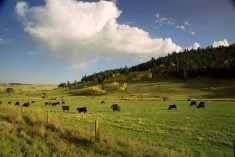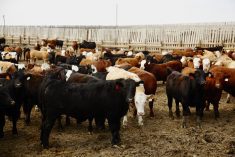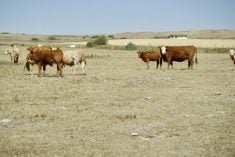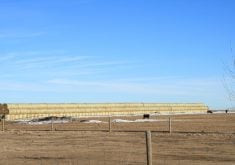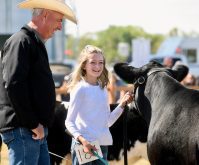The effect of extreme weather remains the focus of many conversations among cattle producers across Canada. Dry conditions, heat and too much rain in my home region are making for another challenging year, coupled with rising input costs due to inflation.
The Canadian Cattle Association (CCA) is monitoring the situation at the local level through engagement with our provincial member associations, who are working hard to help producers navigate these uncertain times. If and when needed, CCA will be there to help communicate and build understanding with the federal government. In the meantime, we’ll do what we do best in the Canadian beef industry and work on what we can control. This year’s continued trend of higher prices is helping to keep us optimistic in the lead-up to the fall run.
The past couple of months have flown by with much work being done on key policy areas before Parliament wrapped up for the summer. The spring session closed on a negative note with the passing of Bill C-282: An Act to Amend the Department of Foreign Affairs, Trade and Development Act (supply management) from the House of Commons. If this bill becomes law, it will have far-reaching detrimental effects on our sector as well as all other trade-dependent sectors in Canada. We are grateful to the members of Parliament who stood up for rules-based trade and the continued growth of Canadian exports by voting against this bill. The bill has now moved to the Senate.
Read Also
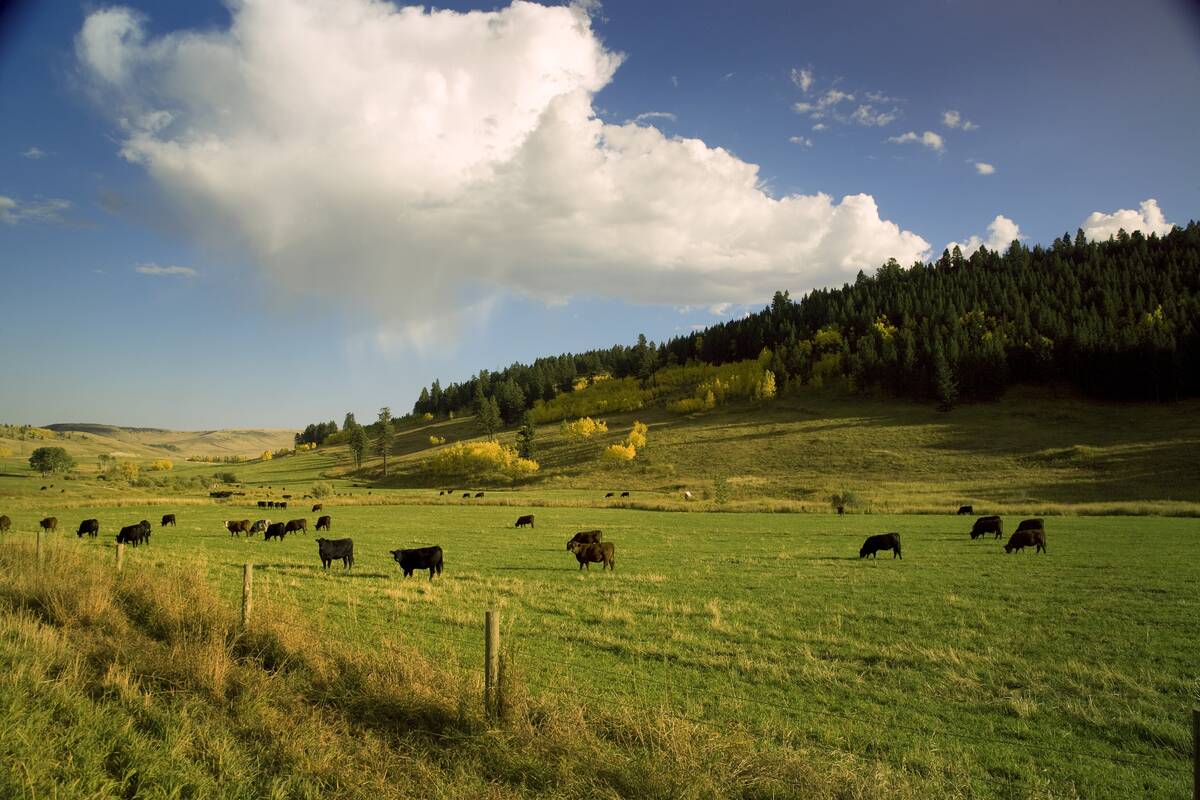
The Canadian Cattle Association’s international advocacy efforts
Global ag policies affect Canadian food policy, so the Canadian Cattle Association participates in international and domestic forums
CCA started engaging with senators on our concerns with the potential effects of Bill C-282 during the provincial fly-ins this spring. This bill is not a one-off trade policy — it will be incredibly difficult to reverse the momentum and damage to our global reputation and our trade opportunities. Our advocacy work on this bill will continue through the summer months. We have an open invitation to senators from across Canada to visit a beef farm or ranch for informal discussions on our key priorities including ensuring free and open trade, the environmental benefits of raising cattle in Canada, and the policies and programs that help ensure the long-term sustainability of our industry. Our fight is not over, and I encourage producers to reach out to senators in their province to voice their concerns with this piece of legislation and highlight how essential international trade is for our industry now and in the future. Reach out to CCA for help with talking points or details.
From an animal health and care perspective, our spring focus was on compiling our response to the proposed changes to the Health of Animals Section XV regulations on animal identification and traceability. Our sector recognizes the value of traceability as a critical component of foreign animal disease preparedness, but it was important to voice our concerns with the Canadian Food Inspection Agency. We communicated three main concerns: the high costs associated with implementation, the feasibility of implementation and the ability of our sector to achieve compliance, as well as recommendations to enhance the final regulations and their delivery and compliance.
On the food policy front, we continue to monitor developments on cultivated proteins with two products recently being approved in the United States. In June, CCA’s public and stakeholder engagement team held a webinar featuring Dr. Tim McAllister, who discussed if progress is being made in the manufactured cellular meat space. During his talk, he underscored the challenges to the production of these products, comparing their commercial scaleability to humans going to Mars — with similar estimated costs. Another interesting fact that McAllister shared is that consumers looking for a more climate-friendly protein option will not find it through cultivated technology. He referenced recent UC Davis research estimating the carbon footprint could be between four and 25 times more than that of conventional beef production. As beef producers, we can continue to emphasize to Canadians the pride we take in producing high-quality, nutritious and delicious food that also provides vast environmental benefits such as carbon sequestration and wildlife habitat.
The summer months have also brought numerous opportunities for me and members of the CCA board and staff to engage with our partners and stakeholders at home and abroad. We welcome the opportunity to open our farms and ranches to MPs, so they can learn more about our sector, and the challenges (and opportunities) facing the families who raise the highest-quality Canadian beef. There is also tremendous value for CCA to be present at conferences and meetings such as the Stampede Summit, the National Cattlemen’s Beef Association’s summer business meeting, the Pacific NorthWest Economic Region Annual Summit and the Federal-Provincial-Territorial Agriculture Ministers’ Meeting, where domestic and international policy is developed that can affect the long-term sustainability of our sector. If we don’t show up for these discussions, then decisions will be made without our perspectives being heard or documented. We have seen recently that sharing our industry’s story is moving the needle.
With my international travel ramping up, I am taking extra precautions to help protect our industry from risks related to animal health. If you are planning to travel internationally or will be hosting visitors to your farm or ranch, visit the CCA website for biosecurity tips and resources to help you mitigate the risks.
The arrival of August means our industry will be gathering in Calgary for the Canadian Beef Industry Conference. I look forward to seeing friends, new and old, and meeting our semi-finalists for the 2023-24 Canadian Cattle Young Leaders program year, as well as the seven nominees for this year’s Environmental Stewardship Award (TESA). These two programs spotlight the good we do and the bright future of our industry.



